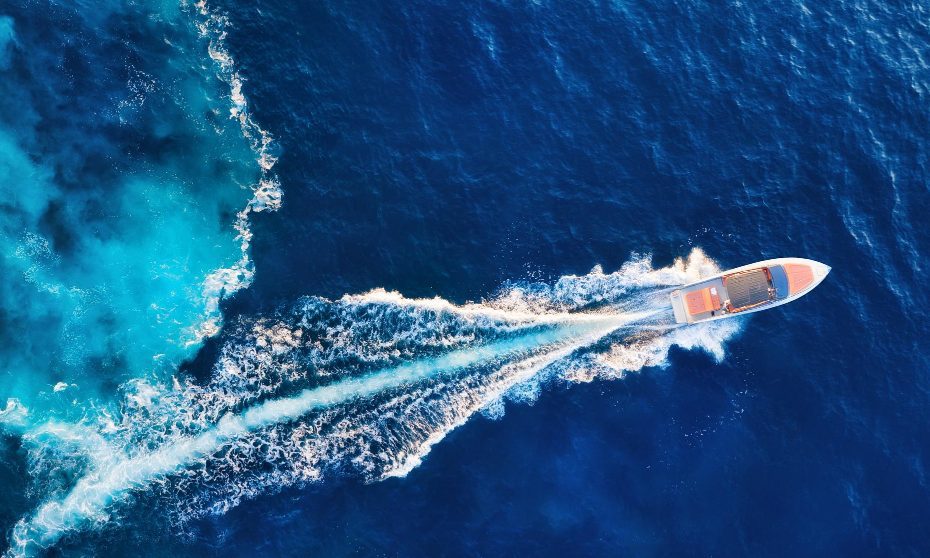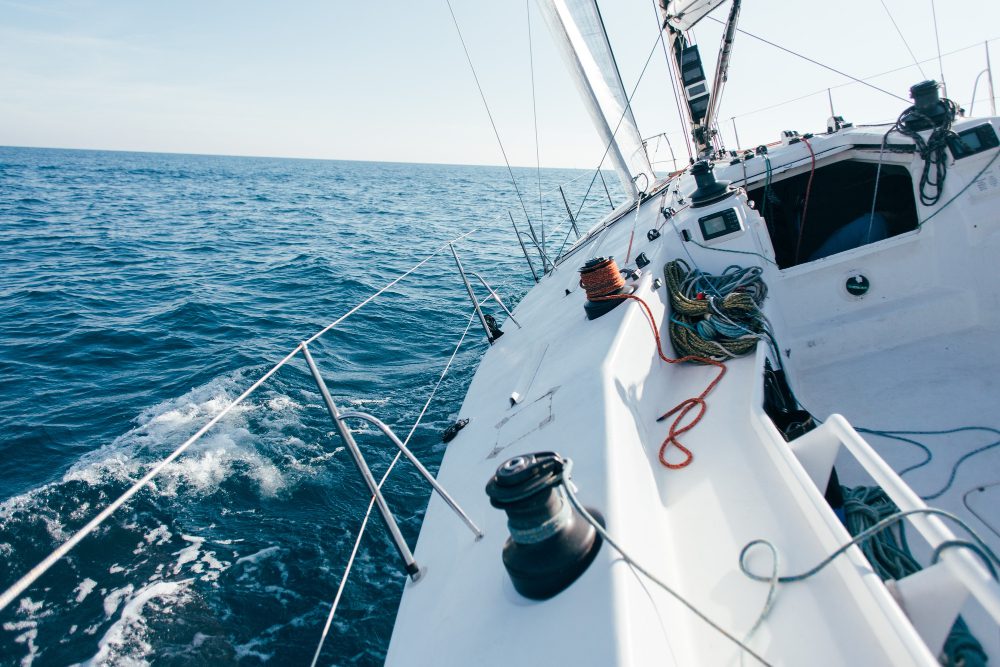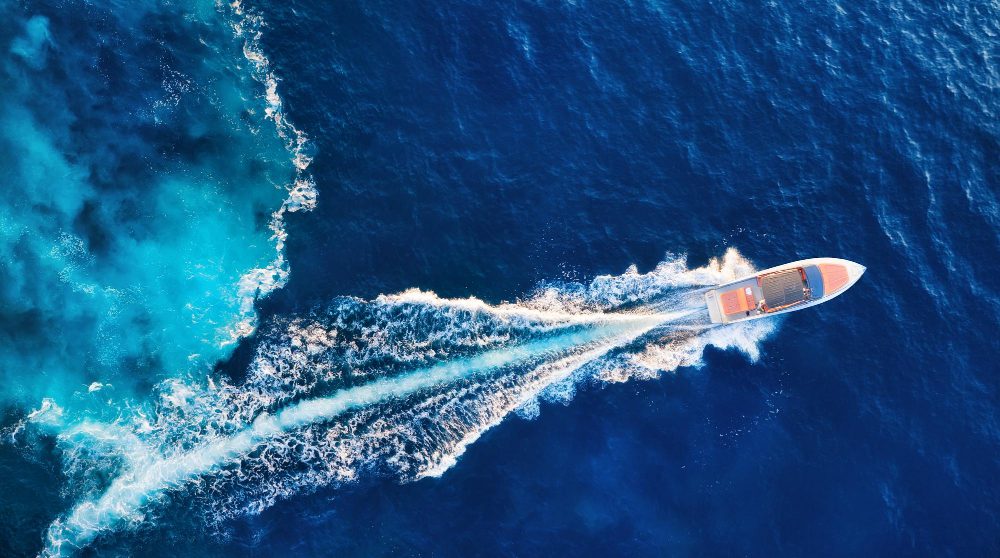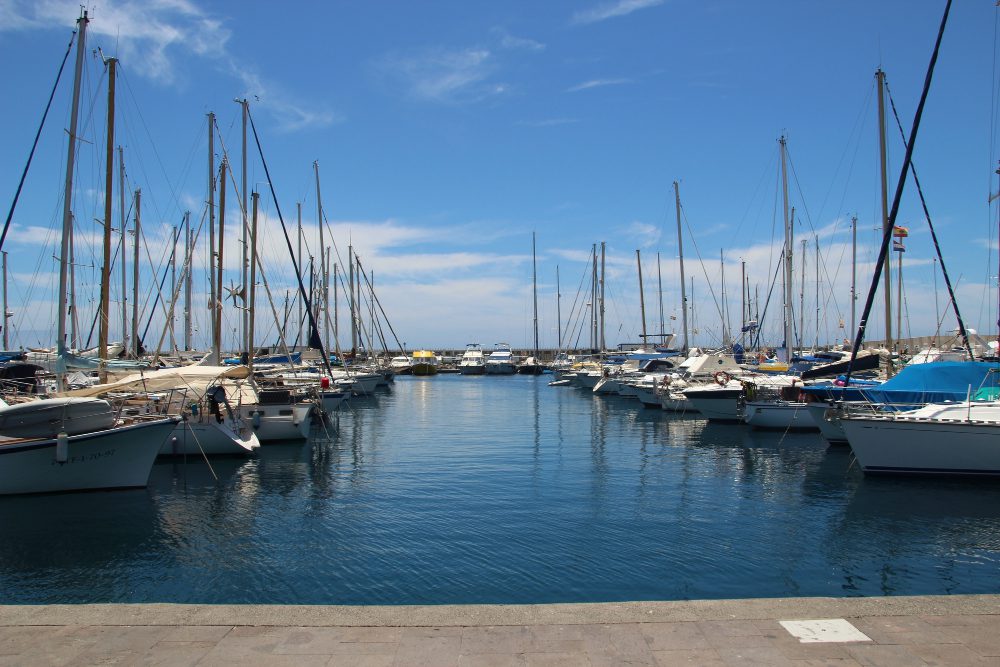Why does my engine knock after driving through water?
If you have ever experienced the unsettling sound of your engine knocking after driving through water, you’re not alone. This phenomenon can be quite alarming, but rest assured, it is a common occurrence and there are several reasons why it may happen. In this article, we will explore the potential causes of engine knocking after driving through water and offer some advice on how to prevent and address this issue.
What causes engine knocking after driving through water?
There are a few possible causes for engine knocking after driving through water:
1. Hydrolock:
One of the most serious concerns when driving through deep water is the risk of hydrolock. This occurs when water enters the engine’s cylinders, preventing the piston from completing its cycle. As a result, the engine seizes up and produces a knocking sound. Hydrolock can cause significant damage to the engine if not addressed promptly.
2. Water in the fuel system:
Driving through water can also lead to water entering the fuel system. When water mixes with gasoline, it can disrupt the combustion process and cause knocking noises. This issue is more common in vehicles with low ground clearance or inadequate protection for the fuel system components.
How to prevent engine knocking after driving through water?
Prevention is key when it comes to avoiding engine knocking after driving through water. Here are a few measures you can take:
- Avoid driving through deep water: Whenever possible, try to avoid driving through water that is deeper than the vehicle’s ground clearance. This reduces the risk of water splashing up into the engine compartment.
- Inspect your vehicle: Regularly inspect and maintain your vehicle’s intake system, including the air filter and any vulnerable components. Make sure they are clean and in good condition to minimize the risk of water entering the engine.
- Drive cautiously: If you need to drive through water, do so cautiously and at a slow speed. This reduces the chances of water entering the engine compartment or being sucked into the intake system.
What to do if your engine starts knocking after driving through water?
If you notice your engine knocking after driving through water, it is essential to take immediate action. Here are some steps you can follow:
- Stop driving: As soon as you hear the knocking noise, pull over to a safe location and turn off the engine. Continuing to drive with an engine knock can lead to further damage.
- Check for signs of hydrolock: Look for signs of hydrolock, such as difficulty starting the engine, excessive smoke from the exhaust, or fluid leaks. If you suspect hydrolock, do not attempt to start the engine.
- Seek professional assistance: Contact a qualified mechanic or roadside assistance service to inspect the vehicle and diagnose the issue. They will be able to determine the extent of the damage and provide the necessary repairs or advice.
Expert tip: If you suspect that water has entered your engine, it is crucial to avoid attempting to start the vehicle. Starting the engine can cause further damage and may result in a complete engine failure.
In conclusion, engine knocking after driving through water can be caused by factors such as hydrolock or water in the fuel system. To prevent this issue, it is important to avoid driving through deep water whenever possible and maintain your vehicle’s intake system regularly. If you experience engine knocking after driving through water, stop driving immediately and seek professional assistance to diagnose and address the problem.
Does water cause a rod knock?
A common concern among car owners is the knocking sound that their engine produces after driving through water. This noise, often referred to as a “rod knock,” can be quite alarming and may leave you wondering if the water is the culprit. Let’s delve into this issue and find out if water can indeed cause a rod knock.
Understanding rod knock
A rod knock is a repetitive tapping or knocking noise that occurs when the bearing connecting the piston rod to the crankshaft becomes damaged or worn out. This can happen due to various reasons, including lack of lubrication, excessive heat, or high compression forces within the engine.
The impact of water on engine components
Driving through water can potentially lead to water entering the engine bay, especially if the water level is significant. While modern vehicles are equipped with waterproofing measures, such as sealed electrical connections and elevated air intakes, there is always a risk of water infiltration.
If water enters the engine’s intake system or combustion chamber, it can disrupt the normal functioning of the engine. Water is not compressible like air or fuel, and its presence during the compression stroke can cause a phenomenon known as hydrostatic lock. This can exert excessive force on the connecting rod bearings, potentially leading to damage and eventually a rod knock.
The role of proper maintenance
It is important to note that rod knocks are primarily caused by underlying issues in the engine, rather than solely by the presence of water. Regular maintenance, including oil changes and inspection of engine components, plays a crucial role in preventing rod knocks.
By keeping your vehicle properly maintained, you can minimize the risk of engine damage and the occurrence of rod knocks.
Conclusion
In summary, while water itself may not directly cause a rod knock, its presence during engine operation can potentially contribute to the development of this issue. It is crucial to ensure your vehicle is well-maintained and take necessary precautions when driving through water to minimize the chances of water entering the engine.
Remember, regular maintenance is key in keeping your engine running smoothly and avoiding costly repairs.



